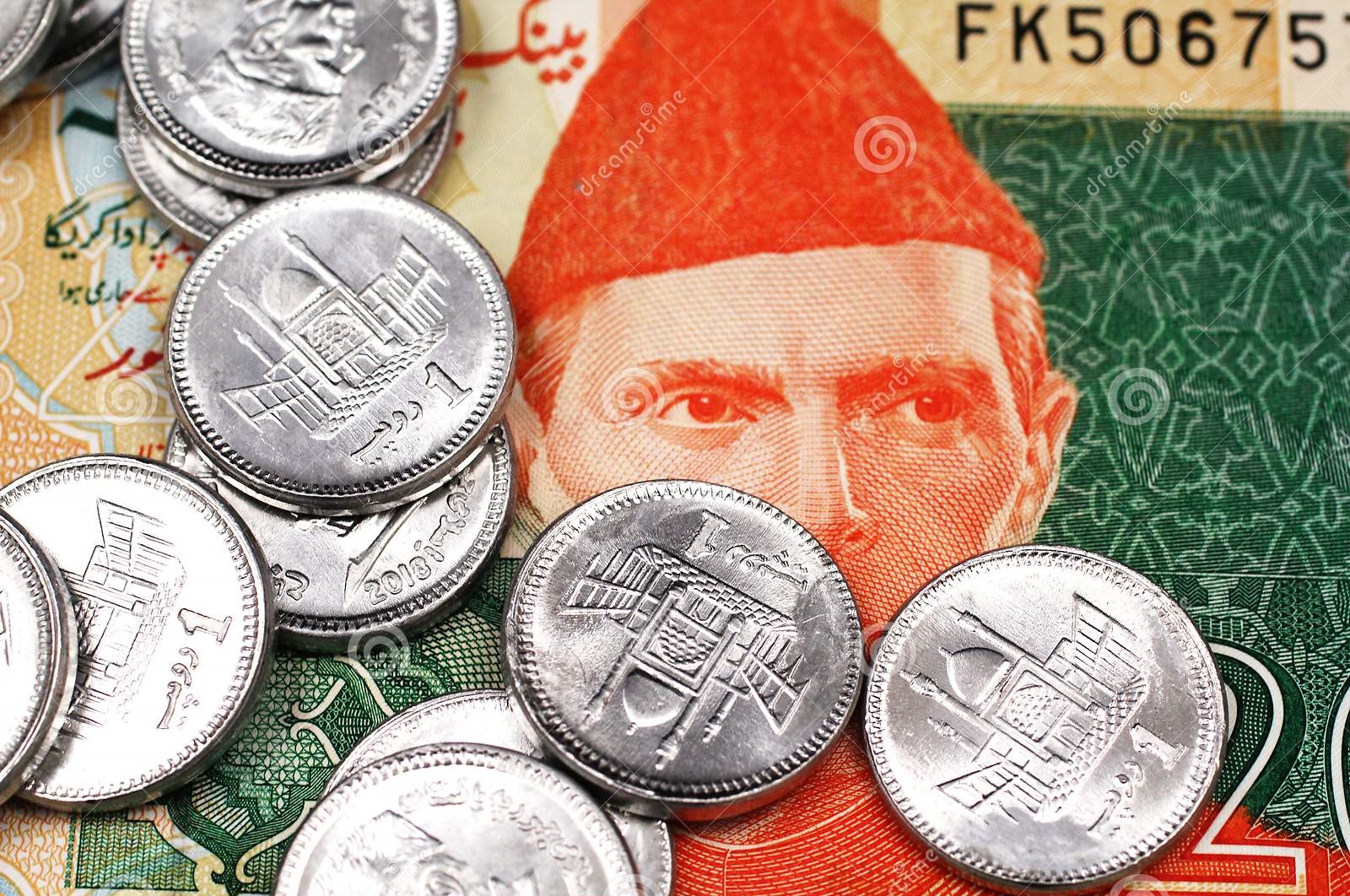We will ensure that the following public service utilities remain firmly in government control and possession:
· Power generation and distribution
· Railways
· Water resources
We will ensure that the government will retain a controlling equity interest in the following entities: · Pakistan International Airlines Corp
· Pakistan National Shipping Corp
· Pakistan Telecommunications Company
TRADE POLICY
· Protect nascent industries where necessary
· International finance organizations:
– Move away from needing their support
– Develop policies that are in our interest not theirs
FISCAL AND MONETARY POLICY:
– Conservative approach
– Seek to balance budget
– Minimize need for external support
BOOST GOVERNMENT REVENUE BY:
– Cutting needless expense
– Rationalizing the taxation system
– Moral Suasion
– Manage money supply to match natural growth

We are not convinced that the trade policies espoused by the likes of the World Trade Organization work to the benefit of a developing country like Pakistan. And in this regard we will seek to protect our nascent industries from competitors who are well along the experience curve.
RELATIONSHIP WITH INTERNATIONAL FINANCE ORGANIZATIONS
We will maintain an independent stance in regard to international finance agencies such as the IMF and World Bank. We believe that their standard policy prescriptions can be myopic and doctrinal and do, in many cases, more harm than good. Our ultimate objective is to wean Pakistan away from the succour they provide and rely instead on internally developed resources.
FISCAL POLICY
We will follow an extremely conservative fiscal policy which will seek to eliminate or severely limit any government borrowing. The operating principle of our policy will be: “If you don’t have the money, don’t spend it”.
Our strategy will be to enhance revenue collection by rationalizing the taxation system and laws. Corruption will not be tolerated. Taxpayer money will be treated with extreme care. We believe that Pakistanis are patriotic and generous. They will not hesitate to support a government which they know will handle their hard earned money with respect.
MONETARY POLICY
Monetary policy will be managed to keep inflation in check while allowing for normal economic growth. Banks will be instructed to be extremely conservative. The thoughtless creation of consumer credit will be strongly discouraged.
FINANCIAL MARKETS
· Tightly regulate financial markets to prevent speculative activity
· Financial Markets to be used only as a source of long term investment capital
· Develop new financing vehicles in a manner consistent with Islamic principles
· Move away from concept of ‘the time value’ of money
We plan to regulate markets tightly to severely limit any speculative activity. We believe the role of financial markets is to act as an intermediary in helping citizens to provide long term capital for agriculture and industrial development. Citizens, as investors, expect security and stability and accept an exposure to normal business risk. What they do not expect, or deserve, is that they become the victims of speculative, predatory and short term manoeuvres that seek to subvert the purpose for which such markets are designed.
TAX POLICIES
· Fundamental reform of tax code
· ITO powers to be severely curtailed
· Will not be able to freeze accounts without court order
· Will not be allowed to summon taxpayers to their office, instead will have to seek an appointment to visit taxpayers
· The days of the Raj are over
We will implement a fundamental reform of the tax code. The existing tax code remains, in essence that inherited from colonial times. It gives sweeping powers to Income Tax Officers allowing them to ‘summon’ tax payers and to freeze their accounts without recourse.
The tax code Mustaqbil will enact will be fair and transparent. ITO’s will not have any authority to summon, or freeze or take any other precipitous action without a court order. If they wish to interview a taxpayer they will have to seek an appointment and go to the taxpayers’ premises for a meeting. The days of the Raj are over.
We will seek to foster a ‘partnership’ between the state and the taxpayer. In the end, the successful running of the state, indeed its very survival, depends on the ability to collect taxes. Mustaqbil believes in the Pakistani people. We know that In return for equity, transparency, fairness and ample mechanisms for recourse, Pakistanis will rise to occasion and become model citizens and taxpayers.





